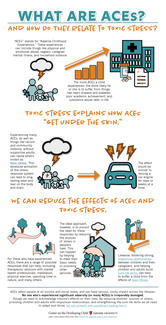These principles have been developed and approved by the Christian Alliance for Orphans in an effort to empower every church, organization, and volunteer participating in short-term missions to be more thoughtful and effective, particularly in respect to vulnerable children.
These principles have been developed and approved by the Christian Alliance for Orphans in an effort to empower every church, organization, and volunteer participating in short-term missions to be more thoughtful and effective, particularly in respect to vulnerable children.
These principles have been developed and approved by the Christian Alliance for Orphans in an effort to empower every church, organization, and volunteer participating in short-term missions to be more thoughtful and effective, particularly in respect to vulnerable children.
These principles have been developed and approved by the Christian Alliance for Orphans in an effort to empower every church, organization, and volunteer participating in short-term missions to be more thoughtful and effective, particularly in respect to vulnerable children.
In this webinar from RISE Learning Network, the speaker, Yashoda Upreti shares how Terre des Hommes in Nepal has implemented a case management program.
This 5-minute video from the Center on the Developing Child at Harvard University explores the development and use of core capabilities — known as executive function and self-regulation skills — from early childhood into adolescence and adulthood.
In this webinar, hosted by Rise Learning Network, Deep Savarni, Founder & Director of Praajak Development Society shares his experience in establishing the Child Protection Committees as a means to realize effective participation of children in monitoring care services in government-run child care institutions in India.
This video from TRT World describes the deinstitutionalization process underway in Romania, including the efforts of the Robin Hood Centre and Hope and Homes for Children to transition to family-based care models in the country.
This Guidance Note aims to provide humanitarian child protection practitioners, particularly child protection advisors and program managers, with guidance on how to engage in responses to infectious disease outbreaks to ensure children’s protection needs are taken into account in preparedness for, and during responses to, the outbreaks.

This infographic, and accompanying answers to Frequently Asked Questions (FAQs), describes Adverse Childhood Experiences (ACEs) and their relationship to toxic stress, and explains the impacts of ACEs on children's development.

